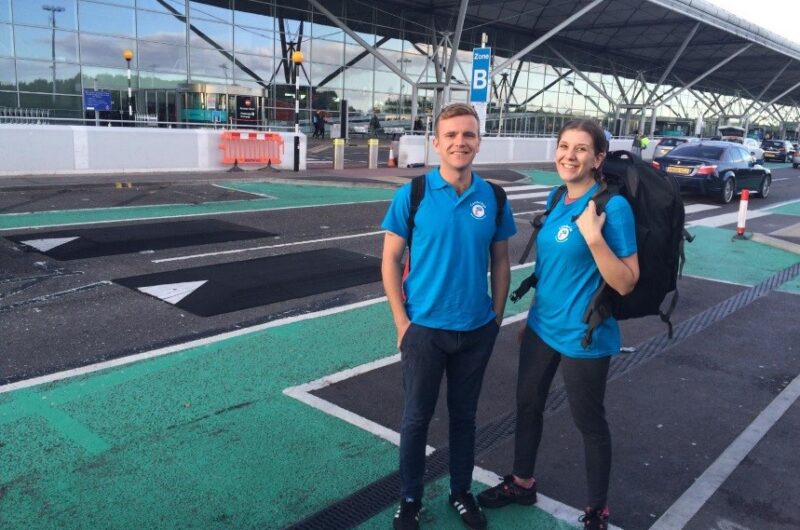22ND OCTOBER 2018
By Stuart Tuckwood
The People of Myanmar
Of the various impressions made on me over the first three weeks of our work in Yangon, the strongest and most vivid have been those made by the people we have encountered.
If it wasn’t already abundantly clear from the exuberant welcome we received from the staff in the hotel we checked into, or the various attempted conversations with excited locals, living amongst the people of Yangon, and Myanmar, was always going to be interesting.
Though we’ve not been here long, it’s obvious that life for the people here is changing at a fast pace. From what we’ve learned, new technologies, like smart phones and the internet, are now much more widespread and available than they were even a short time ago. Western style shopping malls are being thrown up all around the city, where only a few years ago there were almost none in a city of 5 or 6 million people. The streets and long roads leading away from downtown Yangon are packed full of new cars and thousands and thousands of white Toyota taxis where previously bicycles and carts dominated.
Downtown Yangon is an exhilarating mix of the old and new. Sitting outside air conditioned cafes with Americanos and free WiFi are stallholders perched on the pavement selling street foods or other seemingly bizarre items, like tiny live birds from a cage. You can wander around a glamorous mall packed with designer brands and bump into a group of monks in their saffron robes.
Despite attempts to catch up, local healthcare is acknowledged by many of the clinicians we have met to be still some way behind. It’s easy to be dismayed by the inequity between the rapid developments in the private sphere and the seemingly slower progress in the public. Obviously, however, health systems and their improvement are dependent on a myriad number of factors, including cultural and social, that are not easily overcome in a short space of time.
It does make you wonder though, how the clinicians, medical or nursing, that we have met so far, view the changes they have seen so far, and us, the newcomers from so far away. One of the senior nurses on the intensive care unit where we are based has been there for over 25 years. Witnessing the developments in any health system over that time period would be interesting, yet alone one which was isolated for such a long time that is now beginning to open up.
And I keep thinking about the patients we are seeing. Many have been through incredibly traumatic experiences. It’s well known that coming through a critical illness, requiring an admission to intensive care, can, for many, lead to problems with stress, cognition and language. This happens even in highly developed health systems, where there are initiatives to reduce the psychological burden of intensive care treatment and often organisations or professionals to support people through these experiences.
Return to blogs

